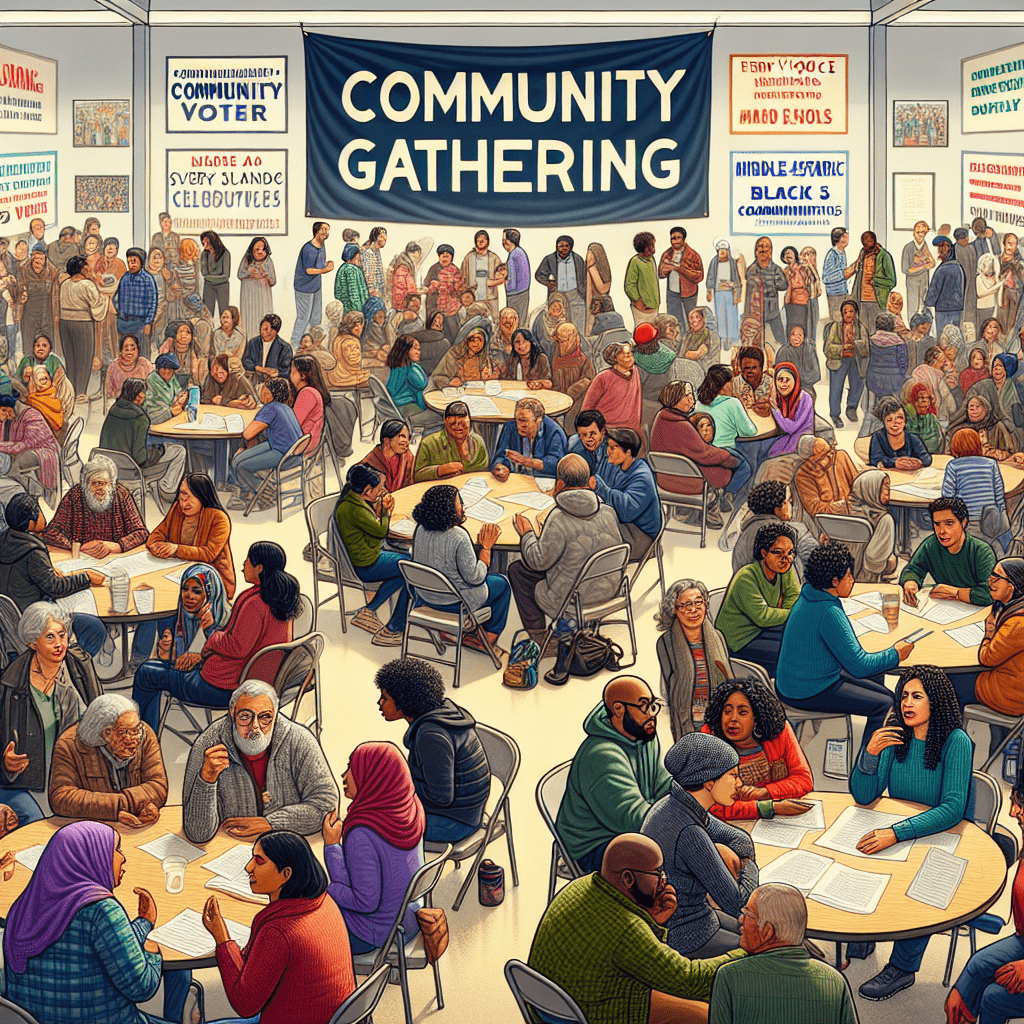The Iowa Caucus: A Pivotal Moment in American Politics
The Iowa caucus is an event that holds significant importance in the U.S. political landscape. This electoral event, which occurs once every four years, is officially known as the Iowa Presidential Preference Caucus. It is essentially a series of local gatherings where voters from the state of Iowa meet to select delegates who endorse a presidential candidate. The Iowa caucus traditionally kicks off the nomination process for the presidential elections and, thus, plays a crucial role in shaping the trajectory of the campaigns.
Historical Significance of the Iowa Caucus
The history of the Iowa caucus dates back to 1972 when changes in the Democratic Party’s nominating process were instituted seeking greater transparency and inclusivity after the contentious 1968 convention. Since then, Iowa has had the privilege of holding the first nominating contest in the nation. The Republicans followed suit in 1976. As the first test in the primary season, Iowa can catapult a candidate from obscurity into national prominence or damage the prospects of front-runners.
The attention Iowa receives during the caucuses is due not just to their position as the first contest, but also to their unique, participatory nature. Unlike primary elections which are similar to general elections in that voting happens through secret ballots, caucuses are more communal activities involving active public debate and persuasion.
How the Iowa Caucuses Work
Before delving into the specifics of how the Iowa caucuses function, it’s crucial to know that both major political parties in the United States—the Democratic Party and the Republican Party—have distinct methods for their caucuses.
In Democratic caucuses, voters gather at local caucus meetings and physically position themselves into groups according to their preferred candidate. If a candidate does not have enough support to be considered “viable” – a specific threshold of support, traditionally 15% – his or her supporters may realign to other candidates. After alignment and realignment, delegates are awarded to candidates based on their level of support.
On the Republican side, the process is somewhat simpler: participants at each caucus site cast a vote, typically via a secret ballot, and these votes determine how many delegates each candidate will have at the county convention.
Both caucuses involve a great deal of ground game—efforts by candidates and their campaign organizations meant to rally support, organize get-out-the-vote activities, and turn supporters into dedicated caucus attendees ready to engage in what can be a lengthy and complex process.
The Role and Criticism of the Iowa Caucus
Iowa’s place at the front of the primary calendar gives it an outsized influence on shaping the national conversation around the presidential race. Successful candidates often leverage their performance in Iowa to gain momentum and fundraising boosts, while poor performances can lead to diminished support and campaign closures.
However, despite its celebrated status, the Iowa caucus has faced criticism from various quarters. Detractors argue that Iowa is not representative of the entire United States, given its relatively homogenous population and rural dominance. Critics also point to the complexity and exclusionary nature of caucuses as they are time-consuming and may not accommodate all voters equally—such as shift workers, people with disabilities, or those unable or unwilling to publicly state their preference.
There are also concerns about the accuracy and integrity of caucus results. The 2020 Democratic Iowa caucuses witnessed significant reporting issues with a new app meant to transmit results from precincts to headquarters; this technology failure resulted in delayed vote counts and calls for rethinking the use of such technologies or even caucuses themselves.
Future of the Iowa Caucus
In light of these criticisms and issues, discussions have been ongoing about whether Iowa should retain its first-in-the-nation status. The state’s Democratic Party has expressed determination to reform and preserve its place in the nomination process, while others contend that a state more reflective of national demographics should kick off the primary season.
Regardless of future changes, understanding both the mechanics and implications of this unique political tradition is key for those following American presidential politics. Its early timing gives Iowans considerable sway every four years and sets the stage for what can be a long and unpredictable election season.
Notes
Image description: A bustling community center filled with people gathered in small groups discussing avidly with ‘Iowa Caucus’ signs posted around the room. In the background is a banner reading “Every Voice Matters”, signifying the grassroots nature of this political event.
